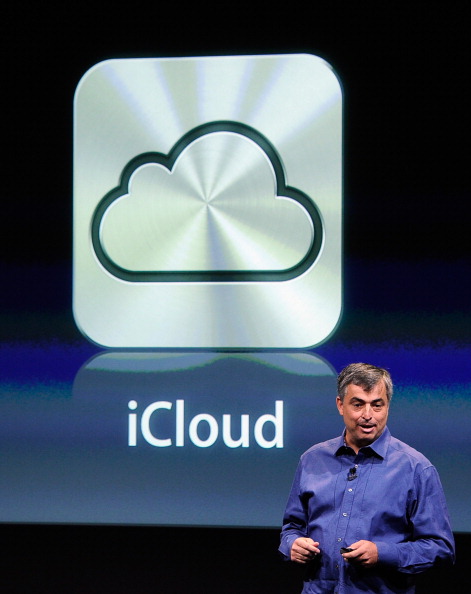Difference between Icloud and Dropbox

iCloud and Dropbox are two of the most popular online storage services. iCloud is administered by Apple Inc., while Dropbox is operated by Dropbox Inc. Although, the basic purpose of both the services is to provide online storage, however there is a considerable difference between the two.
iCloud offers cloud storage and cloud computing. On the other hand, Dropbox provides the services of client software, file synchronisation and cloud storage. Furthermore, the latter charge a particular amount of money from its users after they exceed a particular limit of online storage.
Instructions
-
1
iCloud
It is currently the most extensively used online storage facility which is being provided by Apple Inc. It was launched back in October, 2011 and has around 300 million users around the world (as of April, 2013). It provides cloud storage and cloud computing services to its users.
It allows its users to store the data files on the remote computer servers which they can later download to any iOS-based devices or any other device. You can store any kinds of files on the online servers. Besides, you can also your contacts, emails, calendar events, notes, reminders and bookmarks on the online account. Furthermore, it provides a distinct feature to its users through which they can directly back-up their iOS-based devices without using the iTunes.

-
2
Dropbox
It is an online file hosting service which is administered and operated by Dropbox, Inc. The services include the cloud storage, client software and file synchronisation. It is one of the most widely used online storage services and allows its users to make special folders on their computers for the data files which they can later synchronise on their online accounts. Besides, it allows the users to synchronise the data files from more than one computer. After saving files on the online account, the user can access them from any computer from anywhere in the world by connecting to the internet.
Besides, it offers client software for Apple Mac OS X, Linux, Android, Microsoft Windows, BlackBerry OS, web browsers, iOS. In addition, it provides the client software for some unofficial ports which mainly include Windows Phone, Symbian and MeeGo.








